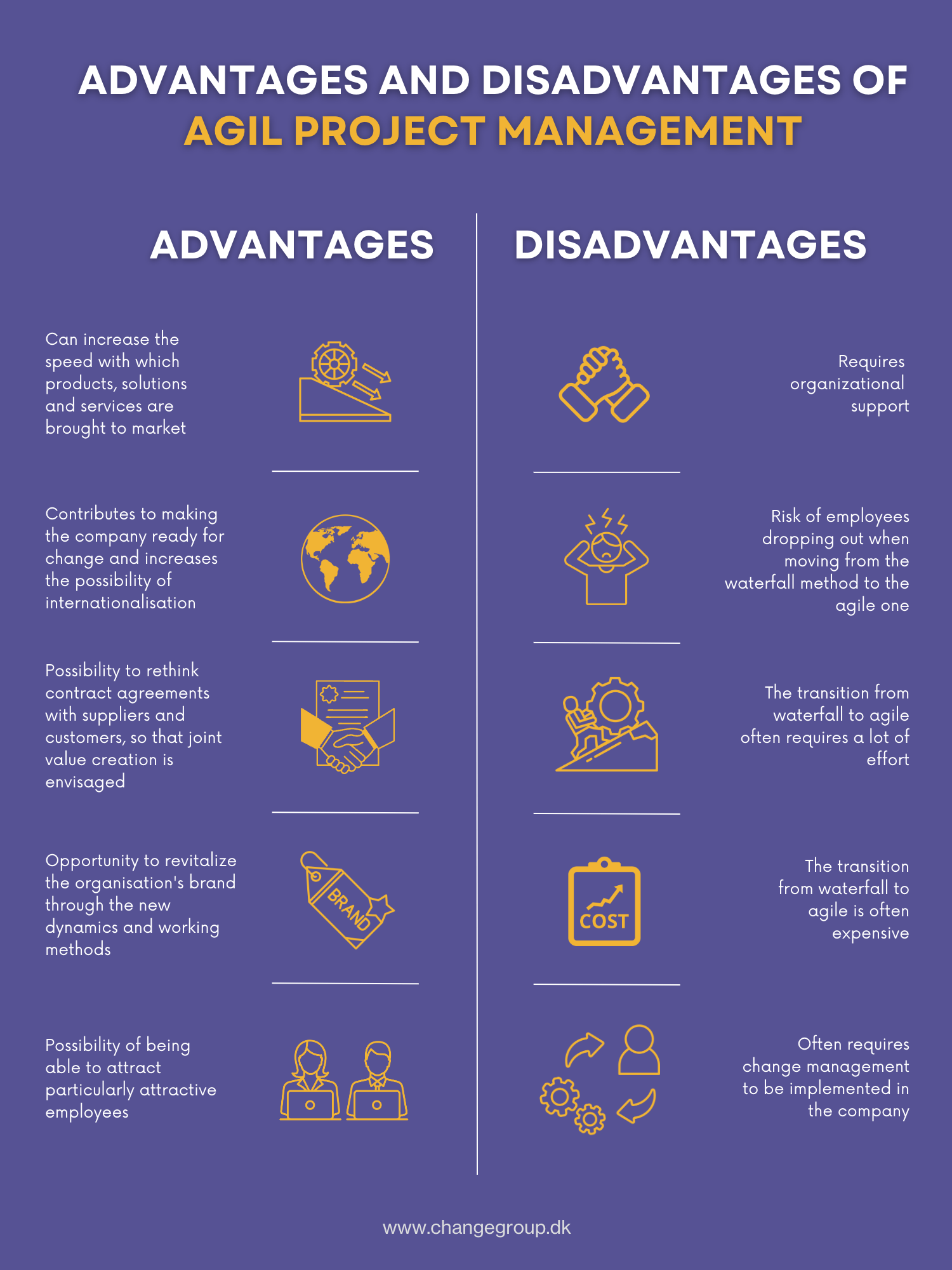The effective project plan: Get the project manager's 6-step guide
25 min read
Time tracking
Build your perfect data foundation for spotless invoicing and deep business insights with easy time tracking.
Project management
Be a world champion project manager. Keep your projects on track - and profitable.
Resource management
Efficiently staff projects and run a predictable business with confidence.
Insights & Reporting
Get smarter - faster - to make clever decisions for long-term growth impact.
Project accounting & Invoicing
Invoice everything - fast and accurate - while staying on top of project finances.
Staff & Salary
Give accountants and HR an intelligent tool to eliminate draining administration.
Financial Systems
TimeLog offers standard integrations for all your favourite financial systems. Save time and reduce manual tasks.
Payroll Solutions
TimeLog offers standard integrations for multiple payroll solutions. Get easy salary administration and only enter payroll information once.
Add-ons
Track time automatically via Outlook, use gamification or find another add-on that can support your business.
Multiple Legal Entities
You can create synergy between your departments and across borders and offices with the Multiple Legal Entities module from TimeLog.
Business Intelligence
Utilise the insights you get from TimeLog to the fullest. Our system is ready to integrate with multiple BI solutions.
Partner Integrations
TimeLog PSA is part of a large ecosystem. Get an overview of all the partner integrations in the TimeLog family.
Economy department
Save 1-2 days a month on your invoicing process.
Project teams
From planning to execution and evaluation. Robust tools for every project manager.
Management teams
Create a performance-driven culture with solid reporting capabilities.
Large enterprises
Enhance operations and performance across entities, countries and departments.
NGOs and non-profit organisations
Simplify internal processes, spend less time on administration, and get documentation in place - at a discounted rate.
Blog
Get inspired to run an even better business with articles, guides and analyses.
Guides, podcasts and webinars
Get access to templates, guides and webinars that help and inspire you.
Help Center
Looking for help material and user guides to the TimeLog system? Look no further. Find all the help you need now.
Get a single source of truth
Discover how companies maintain a single source of truth across borders, departments, and currencies.
Get integrated
Discover the advantages customers gain from utilising our integrations and API.
Reporting in real-time
Explore how others leverage reporting to optimise their processes and make informed decisions.
Get started with resource planning
Discover how other companies thoroughly grasp their resources and enhance their ability to predict future trends.
Improved project financials
This is how the efficient financial toolbox from TimeLog helps project managers and CFOs improve their project financials.
Faster invoicing
Discover how other companies have slashed the time spent on invoicing by 75% - and uncover how you can achieve the same efficiency.
The Story of TimeLog
Get insights on TimeLog and how we can help you grow and evolve your business.
Employees
See who shows up every day to deliver the best PSA solution.
Career
What's life like at TimeLog? Are we hiring? Get the answer here.
Partner
Create even more value for your customers, as well as ours, as a TimeLog Partner.
Premium Service
Online Help Center, tailored onboarding and support from Day 1.
Corporate Social Responsibility
We work to ensure a positive impact on planet, people and businesses.
Security and GDPR
Learn more about how we work to keep your data safe and provide maximum security.
4 min read
Agile project management is one of the most sought-after skills organisations look for in project managers today. So get the guide and get started.

Is the role of project manager brand new to you? Or maybe you are wondering what type of project manager you want to be.
Or have you been carrying the classic project model in your toolbox for many years and now want to expand your project style with agile management principles?
Whatever situation you are in, here is a baseline guide to agile project management.
The guide gives you a complete overview of the method and why it has become increasingly popular among organisations.
Unlike the classic project management model, agile project management focuses on greater flexibility and therefore allows for quick adaptations to the project deliverables.
It is an iterative and incremental approach where the project manager and the team work together to achieve the project's overall goals. This is done through a series of small deliverables - called sprints - rather than a fixed project plan.
The word agile means moving quickly and flexibly and characterises agile project management.
The project manager acts as a facilitator, guiding the team to achieve their goals by focusing on the project's vision and values.
It is essential in agile project management to have a strong collaboration between the project manager and the team and an open and communicative culture where all parties feel that their input is heard and considered.
Agile project management is suitable for projects where requirements are uncertain or may change along the way and where it is crucial to be able to adapt the project continually. It is also well suited to projects requiring close collaboration between team members and projects with high innovation and creativity.
In recent years, an increasing number of organisations worldwide have moved from using the classic project management method to using agile project management or a mix of both approaches.
Agile project management has proven to be effective in addressing the ever-increasing demands for faster time-to-market and to better adapt to a changing environment where organisations must be able to adapt quickly.
The classic form of project management - also known as waterfall project management - is characterised by the project having a fixed schedule, a fixed budget and established requirements for deliverables.
It is a linear approach to project management, where you work systematically, and the phases of the project follow each other in a flow similar to a waterfall - hence the name "waterfall project management".
Waterfall project management typically assumes that the requirements and deliverables cannot be changed during the project process.
It is effective for projects with well-defined objectives and requirements. However, it may be less suitable for projects where requirements are uncertain or may change during the project.
Agile project management has been around for more than 35 years and is based on the experience of IT development projects and the conceptualization of Scrum (Takeuchi and Nonaka, 1986: "The New Product Development Game"). Later came XP and the "Manifesto for Agile Software Development".
Today, a wide range of complementary agile methods and concepts have been developed, with the most commonly used among organisations being:
The reference standards are, however, still Scrum and Kanban. There are many supporting technological solutions for agile project management. But the most widely used are:
Common to all methods and concepts is that all types of deliverables across the company and organization can be developed and delivered based on agile principles, methods and concepts.
Agile project management is based on a number of fundamental principles:
Agile project management typically follows a specific method, such as Scrum or Kanban, which defines the project process. Still, it leaves the project manager and team with plenty of room to tweak along the way.
The phases of agile project management can vary depending on the method used. However, the common characteristics of the phases in agile projects are:

When it comes to choosing which approach will be the right match for a given company, it is essential to look at the type of organization that the project method will be matched against.
Regardless of the project method, it is ultimately about getting the employees on board and achieving the deliverables. Therefore, the project methodology is not irrelevant.
If you are an agile organization, then it is an obvious choice to run agile projects, as employees understand the agile setup and already work with an agile mindset.
If, on the other hand, you have an organization that is not used to agility, then the classic waterfall method or a hybrid project - a mix of agile project management and classic waterfall project management - is a safer choice. Adopting a mix of methodologies helps you make sure that you have the people on board and that you don't get pushback while, at the same time, you're more confident about completing the deliverables.
ChangeGroup advises companies on IT and transformation processes.
www.changegroup.dk

25 min read
 Read more
Read more
 Read more
Read more